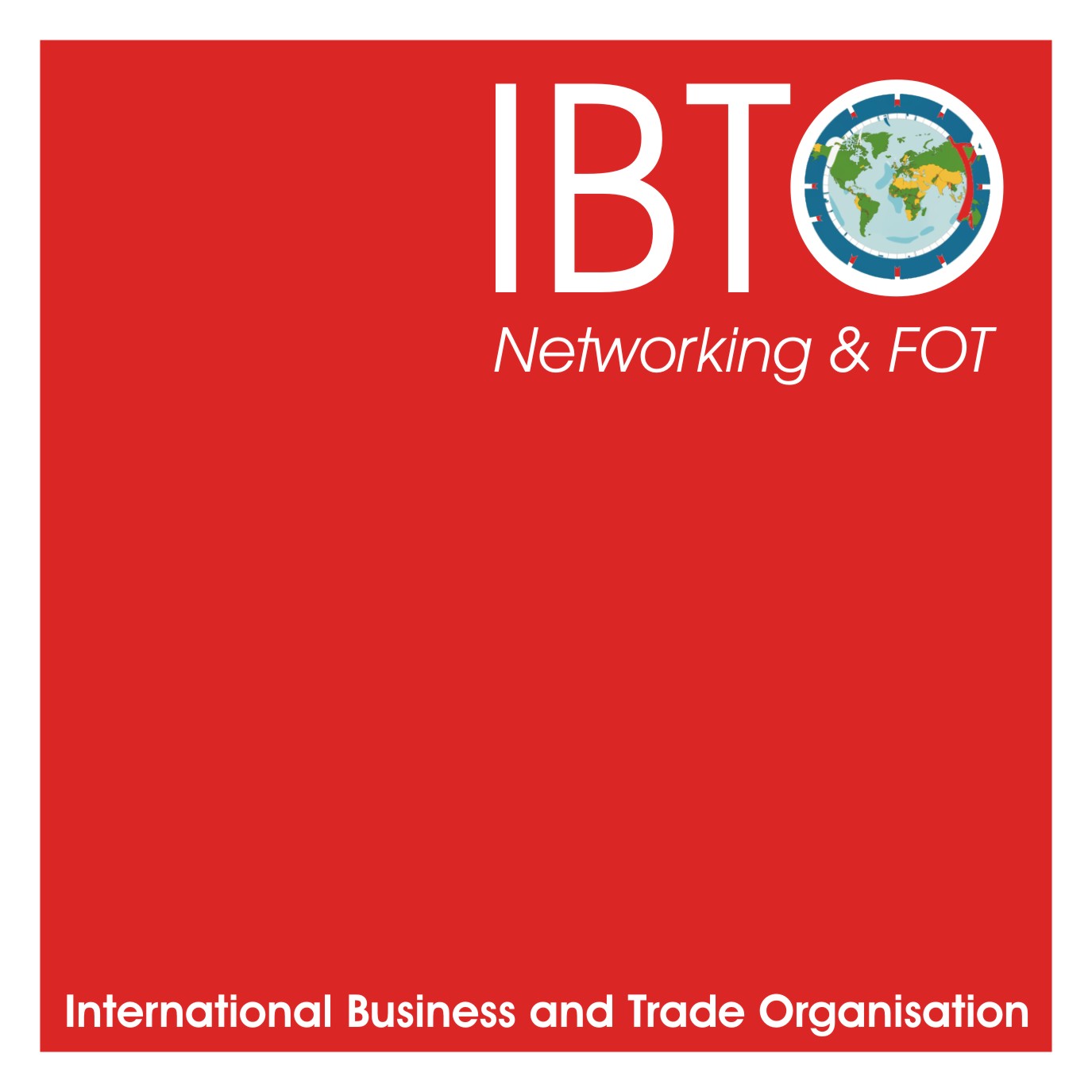"Fair and open trade" refers to a trading system characterized by principles of equity, transparency, and non-discrimination among participating nations. The idea is to create a level playing field for all countries involved in trade, ensuring that each has an equal opportunity to benefit from economic interactions said IBTO Chairperson Aarun Jain.
Key principles of fair and open trade include:
Non-Discrimination: Countries should treat foreign and domestic products and services equally, without favoring domestic industries over foreign ones. This principle is often embodied in the Most Favored Nation (MFN) clause, where a benefit granted to one country must be extended to all other trading partners.
Transparency: Openness and clarity in trade policies and practices are crucial. Nations should provide transparent information about their trade-related laws, regulations, and procedures. This transparency helps prevent hidden barriers to trade and fosters a more predictable and stable environment for businesses.
Rule of Law: A fair and open trade system is based on adherence to international trade rules and agreements. This requires participating countries to follow agreed-upon rules and dispute resolution mechanisms, often established through organizations like the World Trade Organization (WTO) and International Business and Trade Organisation (IBTO).
Market Access: Ensuring fair access to markets for all participants is essential. This involves minimizing tariffs, quotas, and other trade barriers that can impede the free flow of goods and services between countries.
Labor and Environmental Standards: Some advocates for fair trade also emphasize the importance of incorporating labor and environmental standards into trade agreements. This ensures that economic growth is accompanied by social and environmental responsibility.
Reciprocity: In some trade negotiations, the principle of reciprocity is applied, meaning that concessions made by one country should be reciprocated by others. This helps balance the benefits and responsibilities among trading partners.
Efforts to promote fair and open trade often involve negotiations and the establishment of trade agreements between nations. The ultimate goal is to create a global trading system that benefits all participants, fostering economic growth, job creation, and improved standards of living. However, achieving this goal can be complex, as countries may have different economic structures, priorities, and levels of development.
